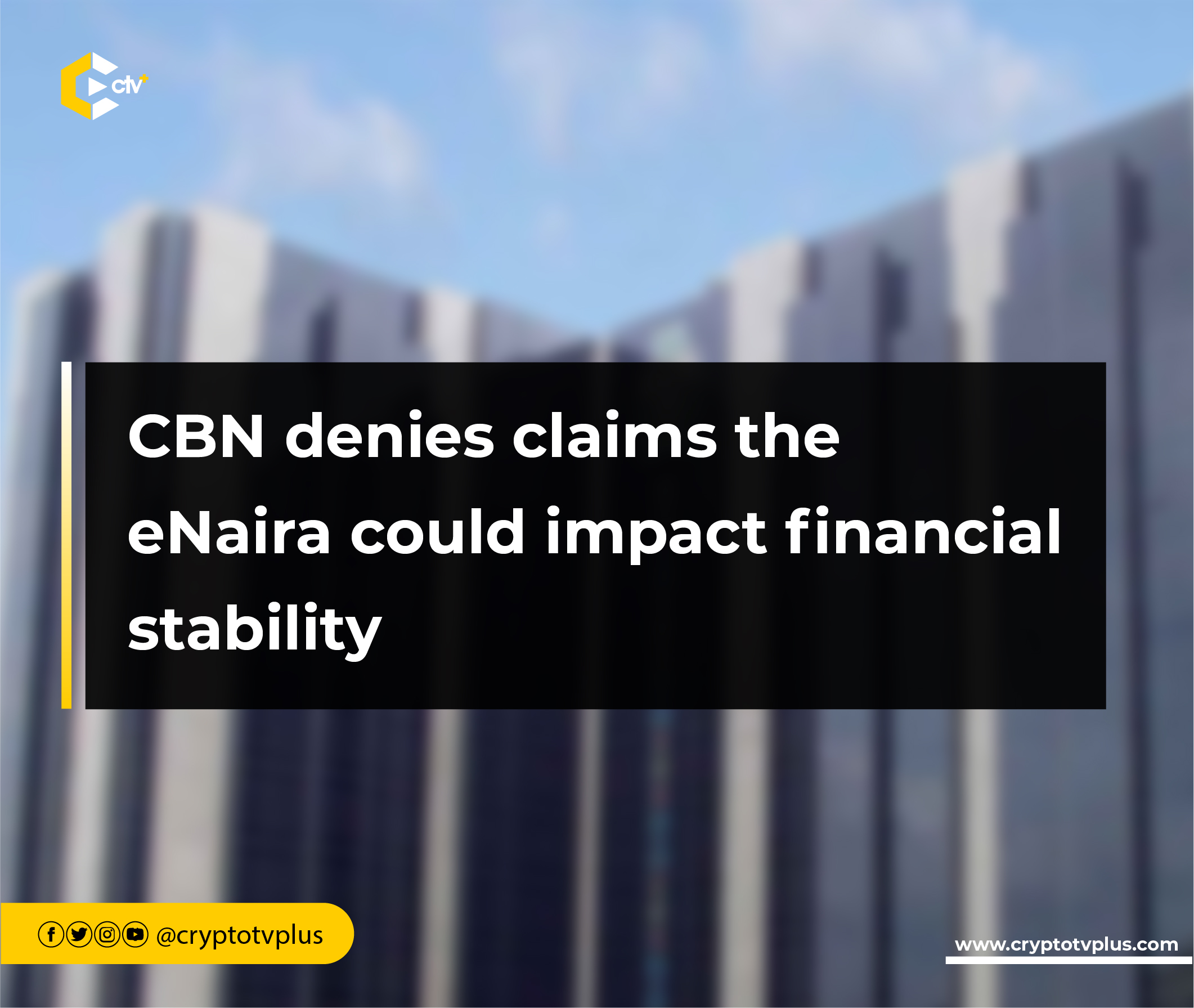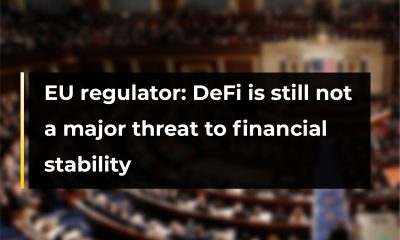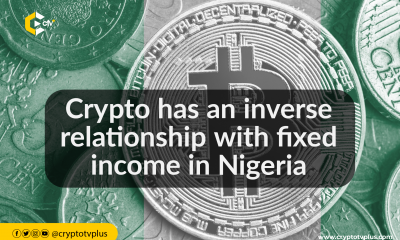News
CBN denies claims the eNaira could impact financial stability

The Central Bank of Nigeria has addressed recent concerns raised by various media outlets regarding the potential impact of the eNaira on the country’s financial stability.
In a public statement, the Central Bank of Nigeria reassured that its eNaira project, despite being one of the first central bank digital currencies in operation, does not pose any threat to the nation’s financial stability.
To clarify its position and respond to media reports suggesting otherwise, the Central Bank of Nigeria released a press release on October 9th.
Some media reports refer to the CBN’s publication, “Economics of Digital Currencies: A Book of Readings,” which explores the implications of central bank digital currencies on the economy.
According to a report from the Central Bank of Nigeria, experts have highlighted the steady growth in eNaira adoption. It currently holds a 0.2% share compared to the liquidity of Nigerian banks. The report also acknowledges that funds held in eNaira wallets are not accessible to commercial banks.
This observation raises a theoretical concern, as it suggests the potential liquidity challenge that banks may face if the naira were fully adopted.
However, it is crucial to note that this fear represents a fundamental theoretical aspect in the wider discussion surrounding any Central Bank Digital Currency (CBDC).
In its official statement, the CBN chooses not to delve into extensive clarification but instead opts for a straightforward denial of the media’s allegations. The central bank points to the comprehensive insights regarding Central Bank Digital Currencies (CBDCs) embedded within its report.
“The entire structure continues to evolve and undergo modifications targeted at improving the user experience across all interfaces. We encourage Nigerians to embrace the technology for, amongst other things, greater financial inclusion.”
The results of a survey conducted in 15 countries suggest that Nigeria’s population is the most crypto-aware in the world. A joint study by ConsenSys and YouGov found that 99% of Nigerian respondents were more familiar with Web3 than those in major economies like the UK, US, Japan, and Germany.
























